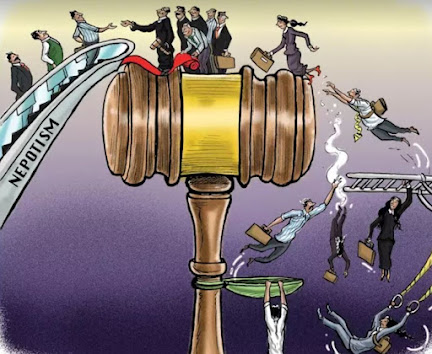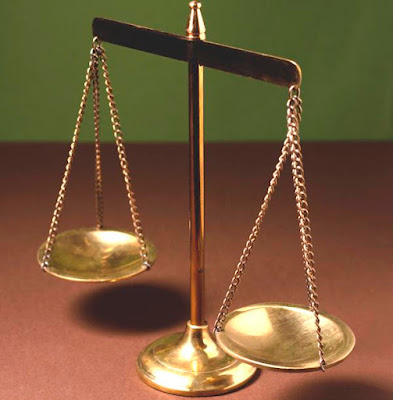Nepotism and favouritism in the legal profession

by Giorgos Kazoleas, Lawyer Nepotism in the legal profession is not only a domestic but a global phenomenon with timeless characteristics. Lack of meritocracy and favouritism during the process of recruitment and professional development of lawyers have common sources of nepotism and clientelism. Even in countries with advanced legal systems, such as the USA, the phenomenon of placing relatives and friends in high positions in law firms is very common. In the southern countries of Europe, nepotism stems mainly from family-oriented concepts deeply rooted in the subconscious of the societies. In smaller populated countries the phenomenon of employers' relatives and friends being preferred for jobs in law firms is more than common. In countries like India, the phenomenon of nepotism in the legal profession has particularly concerned the legal community, as there is a stronghold of a few privileged and powerful families which prevails in the legal profession. Among lawyers and jud









